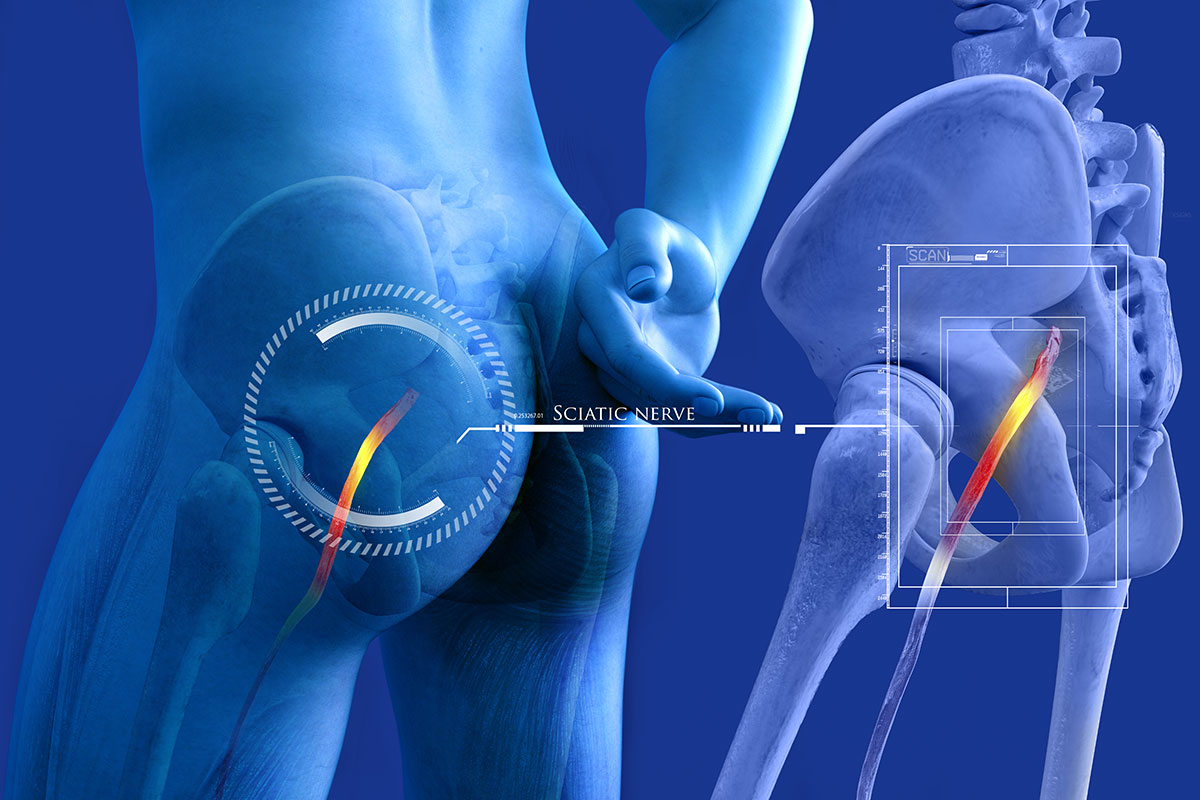
Do you need surgery to cure sciatica?
Sciatica is more than just low back pain as it can radiate down one side of the body. When the symptoms are severe enough, the pain could halt your life and everything you enjoy. The sciatic nerve is the largest nerve in the body, and it runs from the lower back, or lumbar spine, past the back of the thigh, all the way down to the feet. Sciatica is a term used to describe pain that radiates along this nerve.
There are many potential causes of sciatica pain, but most often it is due to compression of one or more of the nerve roots that make up the sciatic nerve. This can be caused by a herniated disk, spinal stenosis (narrowing of the spinal canal), or other abnormalities in the spine.
Some symptoms of sciatica include:
- Pain that radiates from the low back or buttock down the leg
- Burning or tingling sensations
- Numbness or weakness in the leg
Treatment for sciatica typically involves a combination of medication and physical therapy. Bed rest and ice packs are common temporary treatments, however, it would be important to undergo a physical examination for more chronic pain. In some cases, surgery may be necessary to relieve the pressure on the nerve roots especially when disc herniation is the cause. To know if you need surgery, consider the answers to the following questions:
- Do you know the underlying cause of your sciatica pain?
- What treatments have you tried and are they working?
- How is sciatic nerve pain affecting your life?
Sciatic pain can vary from mild to severe, and it is often worse when sitting or standing for long periods of time. Physical therapy is often recommended for sciatica, and it can be very effective in relieving the pain as a conservative treatment. Medical attention is required should the lower back pain worsen, if you are experiencing muscle spasms, or if cauda equina syndrome is occurring.
If you are experiencing sciatic pain, talk to your doctor or physical therapist to find out if physical therapy could help you find relief. If you believe surgical intervention may be required, please contact our office at 973-971-3500 and schedule a consultation with one of our surgeons.